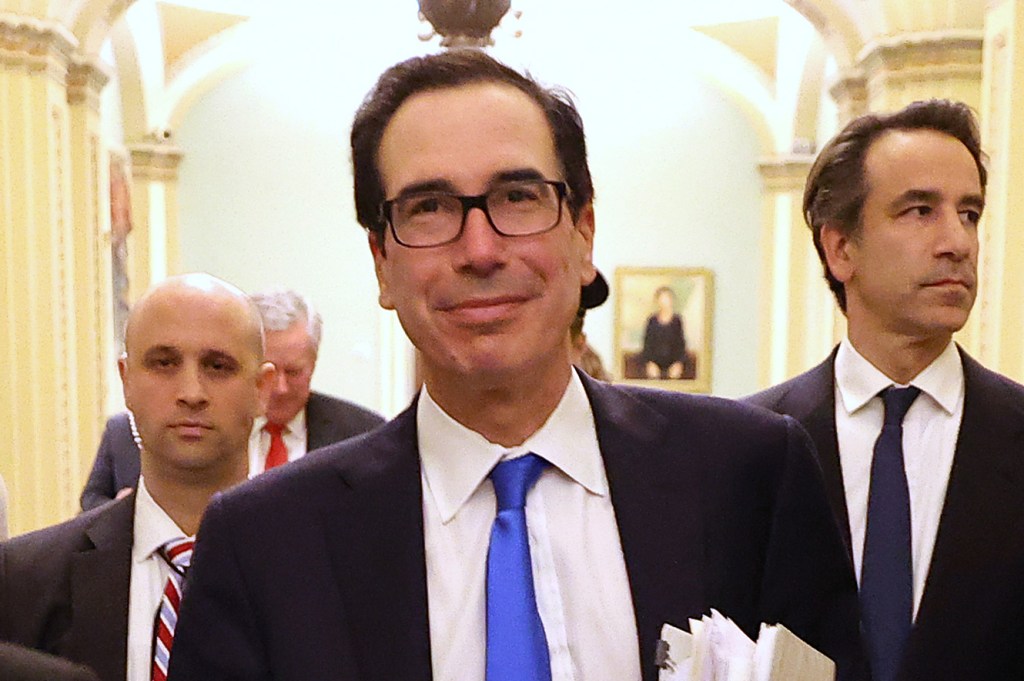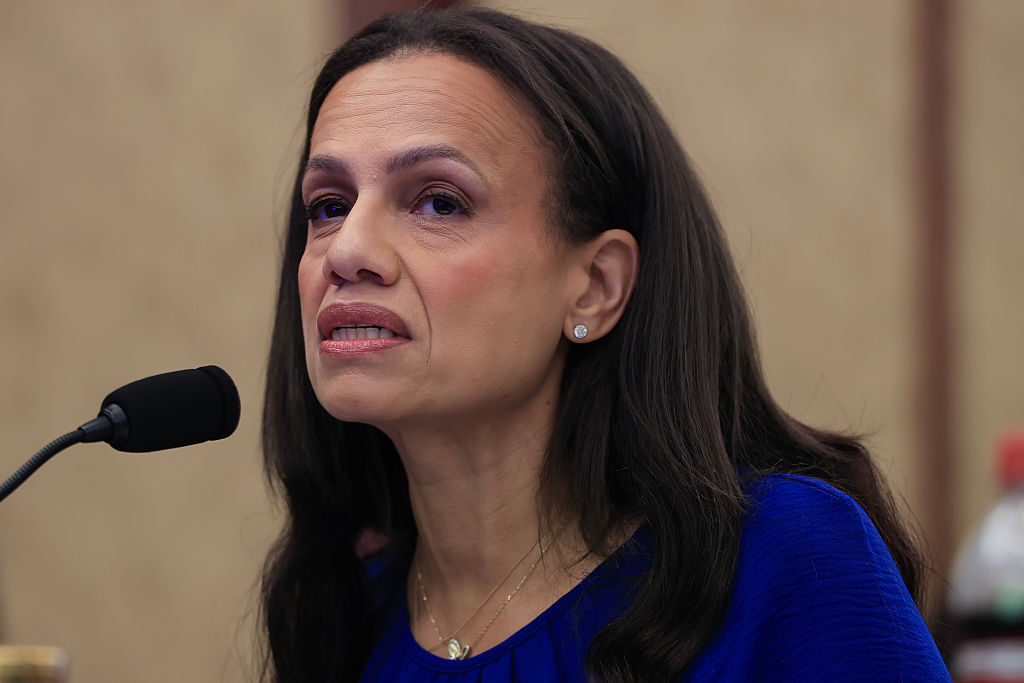Well, at least this isn’t socialism for the rich. The Trump administration’s gargantuan stimulus package — the third in response to the coronavirus crisis and the biggest by far in American history — is not about bailing out the banks. It’s about saving the financial system tout corps — that means you and me. The government is firing a $2 trillion-plus-sized fiscal rocket in the direction of a looming recession and hoping explodes in roughly the right place. The new bill is expected to include direct payments to most adults of $1,200 or less. Small businesses will get $300 billion, hospitals $130 billion and local and state governments $150 billion. The payments will be means-tested too — so that individuals who makes $99,000 or married couples who make $198,000 will not receive a check.
This will benefit the poor and those on low-incomes — which is what Trump was elected to do in the first place. But how often have we seen measures intended to help the worst off ending up benefiting the richest? The bill amounts to a veritable government spending bonanza. And lo today, in response, the markets are further rallying, but shouldn’t we ask more questions about the wisdom of these extreme measures? In the rush to get this enormous measure through, who knows what gremlins have been allowed into the financial system? We may still be finding out in decades to come.
Since the crash of 2008, the government response to crises has been to launch huge stimulus efforts. I’ll leave it to economists to argue over whether such actions will guarantee hyper-inflation in the years to come, but common sense suggests that it cannot be healthy to become reliant on massive state actions when in trouble. It’s also evident that these stimuli always and of necessity get bigger. Yes, this is an unprecedented crisis. But imagine next time. What if the scare is real but not quite so potentially catastrophic: is any leader going to be brave enough to stand up and say: ‘look we really don’t need as big a rescue package as we did in 2020?’ I doubt it. That’s not the way state interventions work: they only scale upwards.
Michael Bloomberg was recently accused of trying to buy an election: his candidacy promptly evaporated. You might say Donald Trump is doing something similar — effectively giving cash-back to voters because his promise of a beautiful economy has been shredded. George W. Bush tried a similar payout, albeit on a smaller scale, and it didn’t do him much good. This stimulus package might feel like a political life-jacket to Team Trump in its moment of need: but it may become a stone around their necks.
We’ve become far too used to judging whether a political action is prudent by how the markets react in the following days. We worship what Rudyard Kipling called ‘the gods of the market-place’ who tell us ‘stability’ can be achieved through ‘liquidity’, which can be fired from the big treasury gun.
In his great poem, ‘The Gods of the Copybook Headings’, Kipling pointed out that reality (as dictated by the Gods of the Copybook Headings) has a horrible habit of crashing us down eventually:
‘They denied that the Moon was Stilton; they denied she was even Dutch.
‘They denied that Wishes were Horses; they denied that a Pig had Wings.
‘So we worshipped the Gods of the Market Who promised these beautiful things.
…
‘Then the Gods of the Market tumbled, and their smooth-tongued wizards withdrew,
‘And the hearts of the meanest were humbled and began to believe it was true
‘That All is not Gold that Glitters, and Two and Two make Four —
‘And the Gods of the Copybook Headings limped up to explain it once more.’
Let’s hope this stimulus works. But let’s also be realistic about how dangerous it is.

























